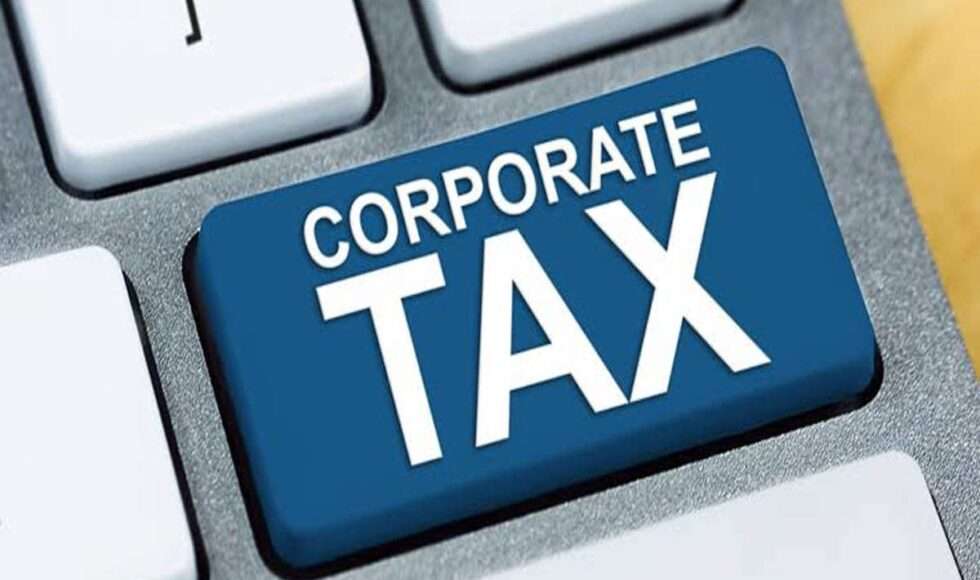Dubai, a prominent business hub in the UAE, has recently witnessed a noteworthy shift in its tax landscape. This transformation came to fruition in June 2023, with the introduction of federal corporate tax. As companies adapt to these regulatory changes, it is crucial to delve into the latest developments, comprehend their ramifications and get a good corporate tax service in Dubai.
Some important things to remember on Corporate Tax Services in Dubai
Corporate tax, synonymous with income tax in the GCC countries, represents a direct tax mechanism employed by governments to generate revenue. It is imposed on the profits or net income of corporations and businesses.
In the UAE, this tax has been set at a standard rate of 9% on taxable profits exceeding AED 375,000 for mainland businesses and commercial activities, following its official announcement by the government on January 31, 2022.
To establish the foundation for this new corporate tax regime, the UAE unveiled Federal, On December 9, 2022, Decree-Law Number. (47) of 2022 regarding the Taxes of Corporations and Companies, or the Corporate Tax Law, was enacted.
Following its publication in the Government Gazette on October 10, 2022, this legislation became operative on October 25, 2022, and it was applicable to taxable individuals for fiscal years beginning or ending after June 1, 2023. It is noteworthy that Cabinet Decisions and Presidential Regulations are expected to provide further detailed recommendations about the company tax regime in addition to the company Tax Law.
The practical implementation of corporate tax services in Dubai encompasses various crucial aspects. One such facet is the determination of taxable persons, which includes companies that engage in business activities subject to corporate tax in the UAE.
It is imperative for businesses to identify their tax obligations and ensure compliance with the new regulations.
Additionally, the calculation and declaration of taxable income forms an integral part of corporate tax processes.
The Economic Substance Rules (ESR) are the additional layer.
The emphasis placed on the Economic Substance Laws (ESR) is one of the most significant tax developments to emerge. It was first implemented in 2020 as the United Arab Emirates response to the worldwide outcry against abusive tax methods and to strengthen its reputation as a responsible global citizen.
According to Article 18 of the country’s corporate tax code, a Free Zone Person must have sufficient substance in the UAE in order to be recognized as a Qualified Free Zone Person (QFZP).
The Next Step Is To Accept Modifications Using RAKEZ.
In order to assist firms in navigating regulatory changes, Ras Al Khaimah Industrial Zone (RAKEZ) provides complete corporate tax services as well as instructional seminars. The group of seasoned accountants and tax experts keeps up with the most recent tax laws and offers useful suggestions for optimizing finances.
Value-added services provided by RAKEZ include bookkeeping, accounting, setting company bank accounts, helping with ESR and PRO, filing and registering VAT, and compliance. Businesses can efficiently adjust to the recently enacted federal corporation tax by accepting these adjustments.
Conclusion
Due to its complicated corporate tax environment, Dubai is a popular destination for expanding companies. Businesses may manage this complexity, assure compliance, and maximize their tax strategy with the aid of corporate tax services and advice providers.
Expert tax assistance will be in more demand as Dubai develops into a major international hub. Informed financial decisions are ensured when businesses proactively seek competent tax counsel. Getting a good corporate tax service in Dubai frees them up to concentrate on promoting development and success within the community.

